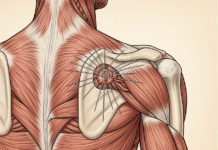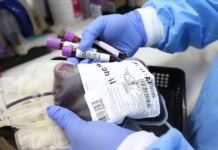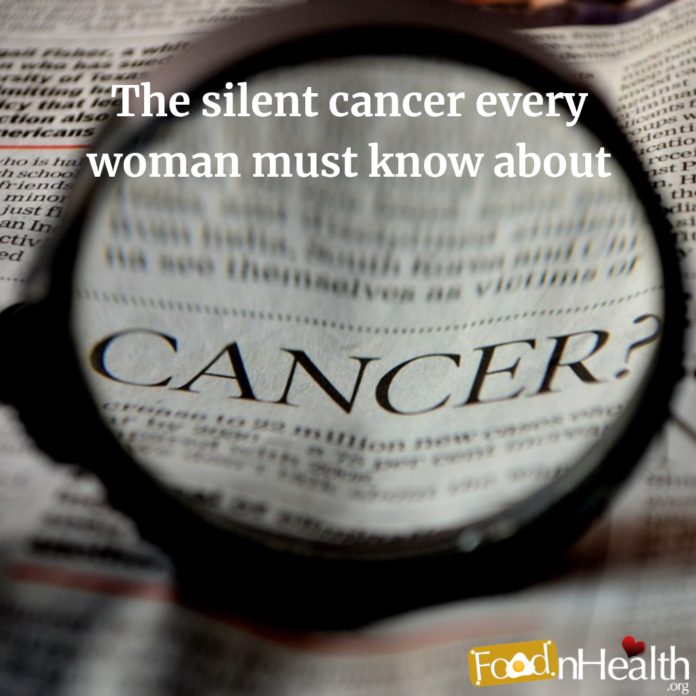Johannesburg, 29 October 2019 – Breast cancer is on the increase in women. However, there is one type of cancer affecting South African women that is more aggressive, difficult to diagnose and affecting even younger women. Since early diagnosis and treatment of all types of cancer gives you the best chance of success, with triple negative cancer, this poses a serious problem.
Dr Dominque Stott, Liberty’s Chief Medical Officer says, “It is called triple negative cancer because it tests negative for oestrogen, progesterone and excess HER2 protein receptors which show up in most cancer patients. Triple negative cancer is often not detected until after the first stage – in which breast cancer sufferers have by far the highest chance of survival.”
It is more commonly diagnosed women with darker complexions, particularly African women. A local study, which used Milpark and Helen Joseph hospital patients, found 16.3% of patients who developed the triple negative breast cancer were under 35 years old. Their ages ranged from 18 to 35 – so they are very young.
Unfortunately, this demographic is usually under-insured or completely uninsured. Triple negative cancer can impact women from previously disadvantaged backgrounds in the prime of their lives. They may believe that they still have decades before needing to think about life insurance. This mistake can cost lives and millions in medical bills.
Dr Stott explains, “It is highly recommended for women to take out their long-term insurance before they might develop problems. Insurance payments would help you pay for things that medical aid or hospitals cannot pay for like help with your children, family counselling, income while off work and even transport.”
The far-reaching impact of breast cancer
It’s not just the woman who has cancer who suffers from the disease – it’s the whole family who is financially and emotionally affected. Anyone who relies on the cancer patient will be impacted. In South Africa, where single mother-headed households are the norm, that’s a significant problem.
Thankfully, there is some good news. Thanks to advances in medicine, the early bird gets the cure. Catching it early can lead to a very positive outcome. Research shows that 95% of women with stage one breast cancer are cancer free five years later. This just shows the importance of health check-ups and vigilance no matter your age – particularly in going to the doctor for regular mammograms.
“If you notice any changes to your skin, find a lump in your breast, whether it is painful or not, you should see your doctor immediately. Breast cancer doesn’t always present itself as a lump, therefore it is so important to have a mammogram done. This is particularly important if you come from a high-risk cancer family. If members of your family have had a breast or ovarian cancer diagnosis at a young age, then your risk could be higher,” says Dr Stott.
Take advice from the right professionals
Knowledge is power, as is plugging into the emotional support of a community of others experiencing the same thing. For these reasons, reputable organisations with handy information are a boon. Cansa, for example, has a wide support network throughout the country and a useful PDF booklet for self-education.
To find out how you can get the right level of insurance cover in place now to guard your finances against an unexpected cancer diagnosis, speak to a Liberty Financial Adviser or Broker today.


























